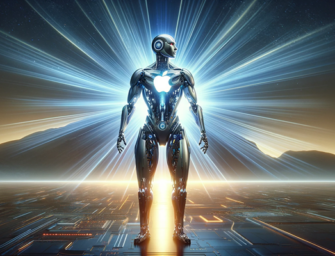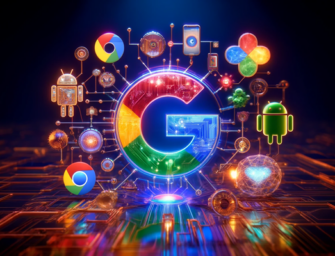Google’s Super Bowl LIV Commercial Highlights Google Assistant
Google will air a commercial during Super Bowl LIV on Sunday featuring Google Assistant. Titled, “Loretta,” the commercial showcases how one widower uses the voice assistant to help remember his wife. The ad illustrates both how ubiquitous voice assistants are becoming and how their utility isn’t limited to younger generations.
A Love Story in Memory
“Loretta” combines the screen of a computer or smart display with the voiceover of an older man, who starts asking Google Assistant for help remembering his late wife. He asks the voice assistant to show photos of him and his wife, before asking it to remember things about her, like that she hated his mustache and loved scallops. He requests that Google Assistant play their favorite movie, and Casablanca begins since he had previously asked for the AI to remember it as their favorite film. The ad does a good job showing off some of the flexibility of Google Assistant without actually describing them. It’s the same approach Google took with its first Super Bowl ad, “Parisian Love,” ten years ago. “Loretta,” was designed to parallel that ad in many ways.
“Loretta” has a few other things in common with our “Parisian Love” commercial from 10 years ago,” Google wrote in a blog post about the new ad. “Both are simple love stories told through the lens of our products. Both were inspired by real people—in fact, the voice you hear throughout “Loretta” is the grandfather of a Googler, whose story we drew from to create the ad. At 85, to an audience of millions, he’ll be making his film debut. We couldn’t be happier for him.”
More Voice AI, Better Memories
What the ad doesn’t do, and doesn’t need to do, is explain the concept behind Google Assistant. Voice assistants are no longer a novelty or exciting in themselves. That fits with how common smart speakers are becoming. A recent NPR and Edison survey found that 157 million smart speakers are owned by U.S. households, a 135% growth over two years and that 54% of U.S. adults have used a voice command on some device. The ad takes as a given that people watching the Super Bowl know what they are seeing, even if they haven’t thought of using the technology in this way.
The ad starts with the user searching for ways not to forget things and that’s something plenty of voice assistant developers are interested in. For instance, there’s the LifePod smart speaker, aimed at helping aging or socially isolated people with a ‘proactive’ voice assistant that can initiate conversations with its owner about health routines and keep caregivers updated in real-time. There’s also the voice-activated robotic companion Pria, created by Pillo Health and Stanley Black & Decker, which combines a smart display and voice assistant with a pill dispenser to help people with chronic conditions maintain their medication schedule. As recent studies show, voice assistants can help reduce loneliness in older people, as well as help them remember important details. Plenty of people will likely remember Google’s reminder about that after this Sunday.
Follow @voicebotai Follow @erichschwartz
LifePod’s Proactive Voice Assistant Joins Massachusetts Healthcare Organization
Stanley Black & Decker and Pillo Health Launches Pill-Dispensing Robot Companion









